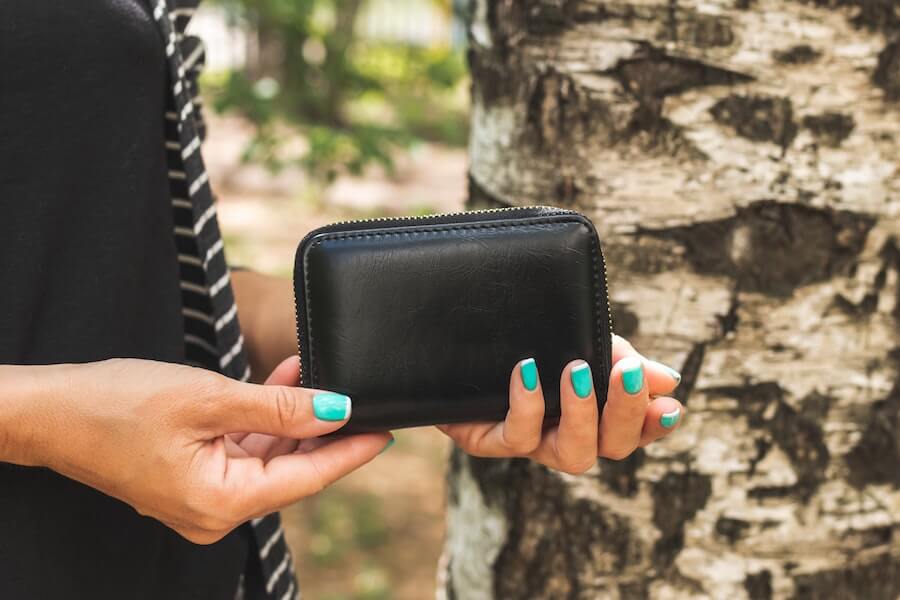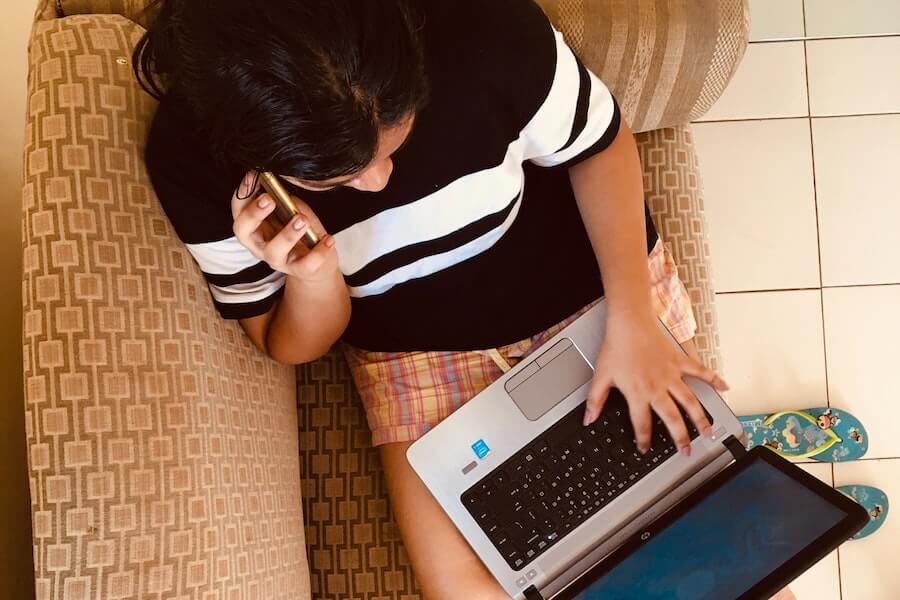As financial concerns mount in light of the COVID-19 pandemic, many Australians are looking for ways to cut costs and save money.
Businesses are closing their doors at an alarming rate, the unemployment rate is set to soar to a record high since the early 1990s, and we are confined to our homes. In a world of such uncertainty, personal budgeting is one of the key areas where we can regain some control – and it is more vital than ever.
There are so many ways you can save money, but here are a few top tips which will make a real impact on your bank balance, both during and in the aftermath of what is tipped to be the biggest financial crisis since the Great Depression.

Topics in this article:
Top ways to save money during the coronavirus pandemic
Analyse your income vs. expenses
The easiest way to reduce costs is to know what you’re spending your money on. Analyse your income versus expenditure and identify areas where you can cut costs.
Set a monthly budget and record your expenses
Develop a written monthly budget. Set a total budget for the month and apportion funds to your fixed costs, including mortgage or rental payments, utility bills, insurance, fuel and groceries.
Set some money aside for sundries and work out how much you want to spend on entertainment each month. Then allocate the remainder of your income to a savings account.

Negotiate with your bank
Stepping up to help manage the economic impact of the COVID-19 crisis, many Australian banks have announced financial relief packages to support home loan customers.
This support includes interest rate freezes on loans, options to defer or restructure mortgage repayments, waiving fees on early term deposit withdrawals and increasing emergency credit card limits.
If you own a business, there are also support measures in place for SMEs. These include deferred repayments and extension options on business loans; deferred payments for business credit cards; and access to term deposit funds without a reduction to the interest rate.
Such changes can help to relieve pressure on your budgets. So, call your bank, explain your situation and work with them to find a solution.
Revaluate your insurance policies
Do you have the right insurance for your needs? While cheap insurance doesn’t equal good insurance, you could still be paying too much. Review your insurance policies and shop around for a better deal – you could save hundreds, if not thousands.
The world of insurance is complex, and finding the insurance you need can be a daunting and lengthy task, especially if you need multiple insurance types. So, engage a reputable insurance broker to do the hard work for you. A broker will work on your behalf to secure the best insurance for your needs, at the best price. Whether you are looking for home, car, business insurance, or anything in between, using a broker can give you peace of mind that both you are fully protected.
Start salary packaging
Approved by the Australian Tax Office (ATO), salary packaging – also known as salary sacrifice – enables you to reduce your tax and increase your take-home pay.
By paying for certain living expenses – such as your car, laptop and mobile, to name a few – with your pre-tax salary, you can reduce your taxable income. Not only this but by salary packaging your car through a novated lease, you can secure fleet discounts, as well as save the GST on all fuel, parts and servicing. Available to pretty much anyone who is employed, it’s a no-brainer!
Compare utility providers
Most Australian energy retailers have introduced hardship programmes to support customers in financial difficulty. These options can include payment extensions, payment plans and forgoing late fees for delayed payments.
Rather than just defaulting on a payment, call your energy company for advice. Even if you aren’t currently under financial pressure to pay your bill, now is an excellent time to shop around. Review your utility bills and compare providers. But be sure to compare apples with apples.
Make simple changes to reduce your power and water usage
Did you know you can save lots off your energy and water bills by making some small changes to your everyday life? Here are some simple tips to follow:
- Only use the dishwasher or washing machine with a full load.
- Use cold water to wash your clothes.
- Dry your clothes on a line rather than using the tumble-dryer.
- Turn off appliances at the plug.
- Close doors and windows to retain the heat/cool air.
- Fix leaky taps.
- Turn off the tap when brushing your teeth.
- Install a low-flow shower-head and take shorter showers.
Review your phone and internet plans
Review your phone and internet plans. Are they cost-effective?
Do you require more data than call minutes, or is the other way around? How many international calls do you make? Break down your requirements and find a plan which best accommodates them.
Exceeding your monthly data or call allowance can be expensive, so it might be cheaper to go with the next plan up, or even to select an ‘unlimited data/calls’ option.
Negotiate with providers to secure a better deal. You may be able to save further by bundling your internet, phone and streaming services.
Plan your meals
Plan your meals for the week ahead, create a shopping list and do just one food shop per week. This will reduce the risk of buying food you don’t need and will also help to prevent wastage.

Cut down on the cappuccinos
Australian coffee culture is huge – to the tune of $8 billion a year. But buying just one coffee per day mounts up to an astounding average of around $1500 a year! Reduce your weekly purchases of barista-made coffees and make your own at home instead to save.
Shop around
Where possible, try to avoid new purchases. But if there is something you really do need, be sure to shop around. Be it for installation services, such as garden fencing, a bathroom reno or replacement decking or for retail products there are deals to be had if you take the time to look around. For larger items, remember to factor in delivery costs. Compare pricing and ask retailers if they can price beat.
Sell unwanted items
Selling unwanted items has never been so easy, thanks to the emergence of online advertising forums for second-hand goods, such as eBay, Gumtree and Facebook Marketplace.
With people spending more time at home, now is the perfect time to have a good clear-out and get organised. Not only will your home look tidier, but decluttering can also have a positive impact on your mental health. Benefits include reduced anxiety, increased motivation and improved sleep.
Hire a skip bin for any items which aren’t suitable for selling or donating to charity. This is a quick, easy way to get rid of your rubbish. Just be sure to engage an environmentally responsible hire company who will recycle your waste where possible.
What changes are you going to put into action today to help you through the financial impact of coronavirus? We hope these 12 tips will help to put you on the path to saving a bit of extra cash at home.




